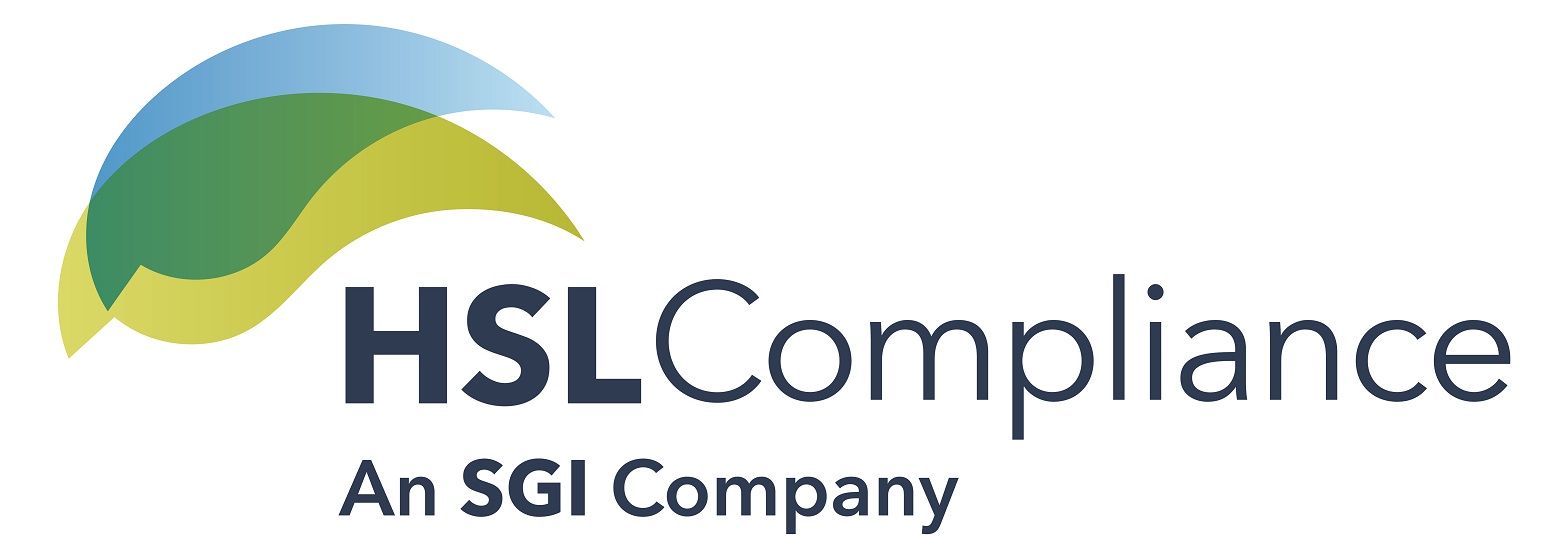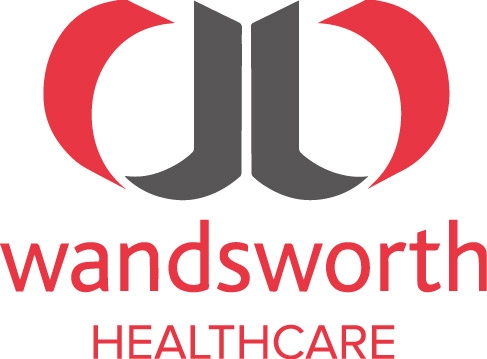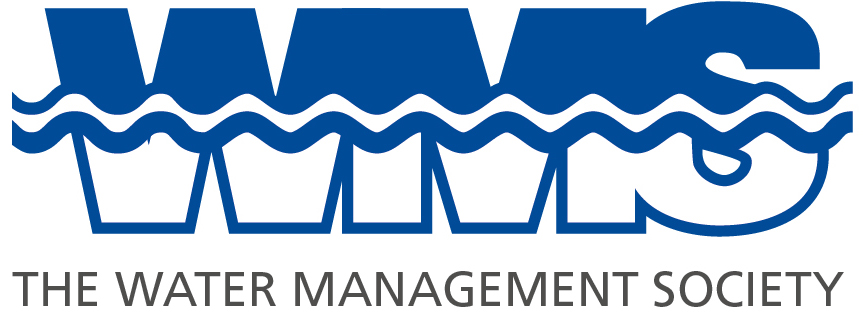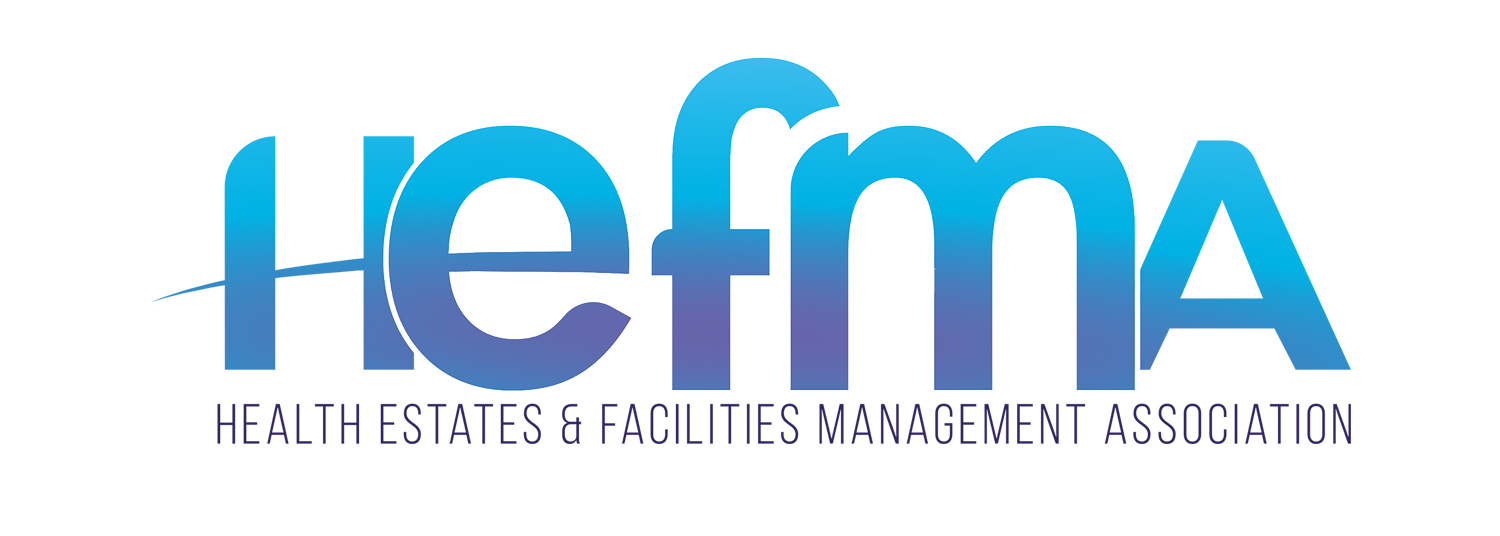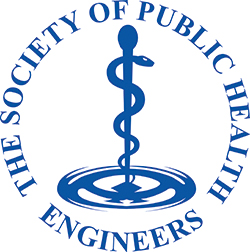Event Owners:
IHEEM
2 Abingdon House
Cumberland Business Centre,
Northumberland Road,
Portsmouth, Hants,
PO5 1DS. Tel. 023 9282 3186
office@iheem.org.uk
www.iheem.org.uk
Patient Safety – It Starts with Good Infrastructure
Time: 11:00 am - 11:25 am
Date: 10 October 2023 AM
Theatre: CENTRAL 5 & 6
The recent pandemic caused by SARS-CoV-2 highlighted significant shortcomings in healthcare estates infrastructure across the NHS. A report commissioned by the Institute for Government ‘How Fit were Public Service for Coronavirus’ stated that ‘The NHS could have entered this crisis with a more resilient health infrastructure if it had invested more in recent years’ (Davies and Atkins, 2020).
In January 2021, the National Patient Safety Agency released data which states that patient safety incidents citing work and environmental factors in 2019/20 had doubled since 2011/12 (NHS England, 2020), amounting to over 115,000 incidents and accounting for 5.3% of all reported incidents – including deaths. All the while the estates backlog cost increases year on year to its highest ever point.
In addition, a review of research into the effects of backlog maintenance on patient outcomes has returned no studies in the last 20 years that link the level of backlog in healthcare to patient harm.
The presentation will discuss two key projects that will attempt to address the issue. The first is a summary of my PhD research into the effects of backlog maintenance on patient outcomes. The presentation will discuss:
– the review of 20 years of research in Patient Harm, and the role that infrastructure has
played,
– a review of over 9m NRLS patient safety incident reports,
– The future aims of the research over the coming three years.
The second project is an overview of a pilot study being developed at UHS NHS Foundation Trust. The aim of the study is to not only capture the cost to estates of infrastructure failures, but the clinical impact from a financial and patient disruption perspective. The pilot, taking place 2023/24 will aim to provide significant evidence of the direct effect infrastructure failure on the patient.
SPEAKERS
 David Jones Director of Estates, Facilities & Capital Development - University Hospital Southampton
David Jones Director of Estates, Facilities & Capital Development - University Hospital Southampton
« Back




